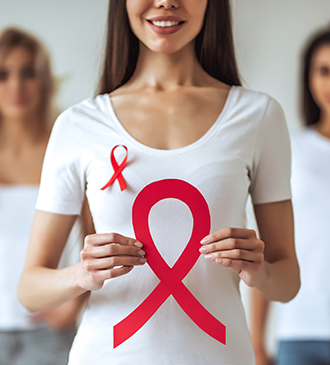Infectious diseases are caused by organisms such as bacteria, viruses, fungi or parasites. There are numerous ways by which a person can contract an infection – through human, plant, animal contact, consuming contaminated food among other ways. Some of these diseases such as Hepatitis and HIV can be dangerous and life threatening if not diagnosed early on. Here is an informational guide that will help people enhance their knowledge about prominent infectious diseases of India.
Some of these games are only available on specific slot machines and may muchbetter online casino contain high-risk.

Hepatitis refers to an inflammation of the liver. The condition is most commonly caused by a viral infection, but there are other possible causes of Hepatitis. There are five main Hepatitis viruses that affect the liver, namely, types A, B, C, D and E. Heavy alcohol use, toxins, some medications and certain medical conditions can cause Hepatitis. Hepatitis A and E tend to be acute and short-term, while Hepatitis B, C, and D are likely to become ongoing and chronic.

Human Immunodeficiency Virus (HIV) is a virus that spreads through certain body fluids and damages the immune system, increasing the risk and impact of numerous infections and diseases. If left untreated, HIV can lead to AIDS (Acquired Immune Deficiency Syndrome). Unlike other viruses, the human body can't get rid of HIV completely, even with rigorous treatment. It is essential to know how to prevent and testing for HIV.
